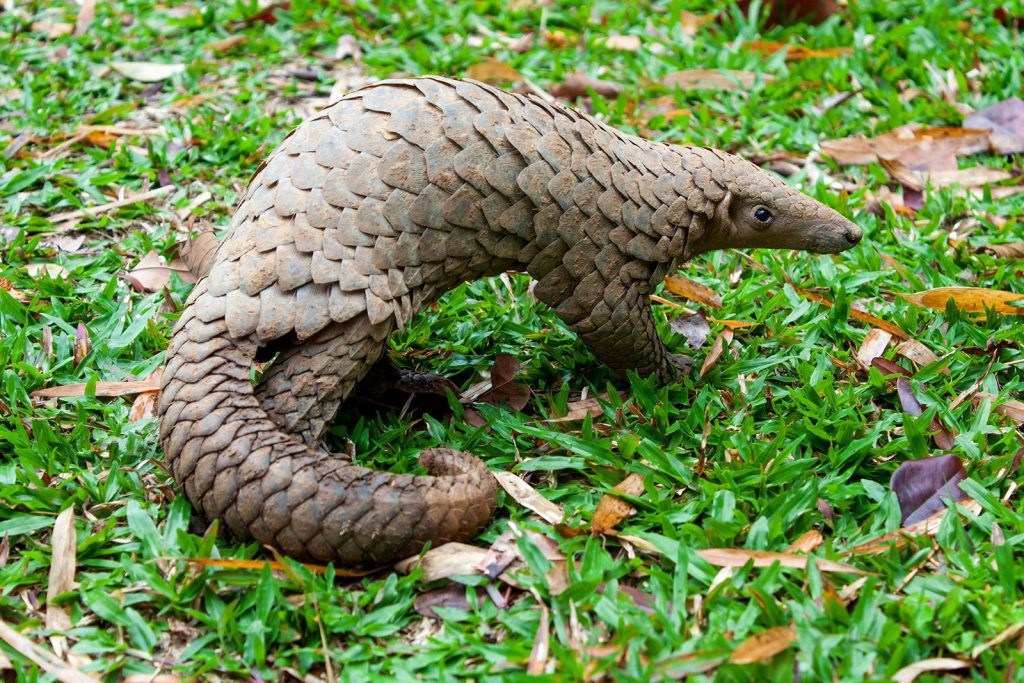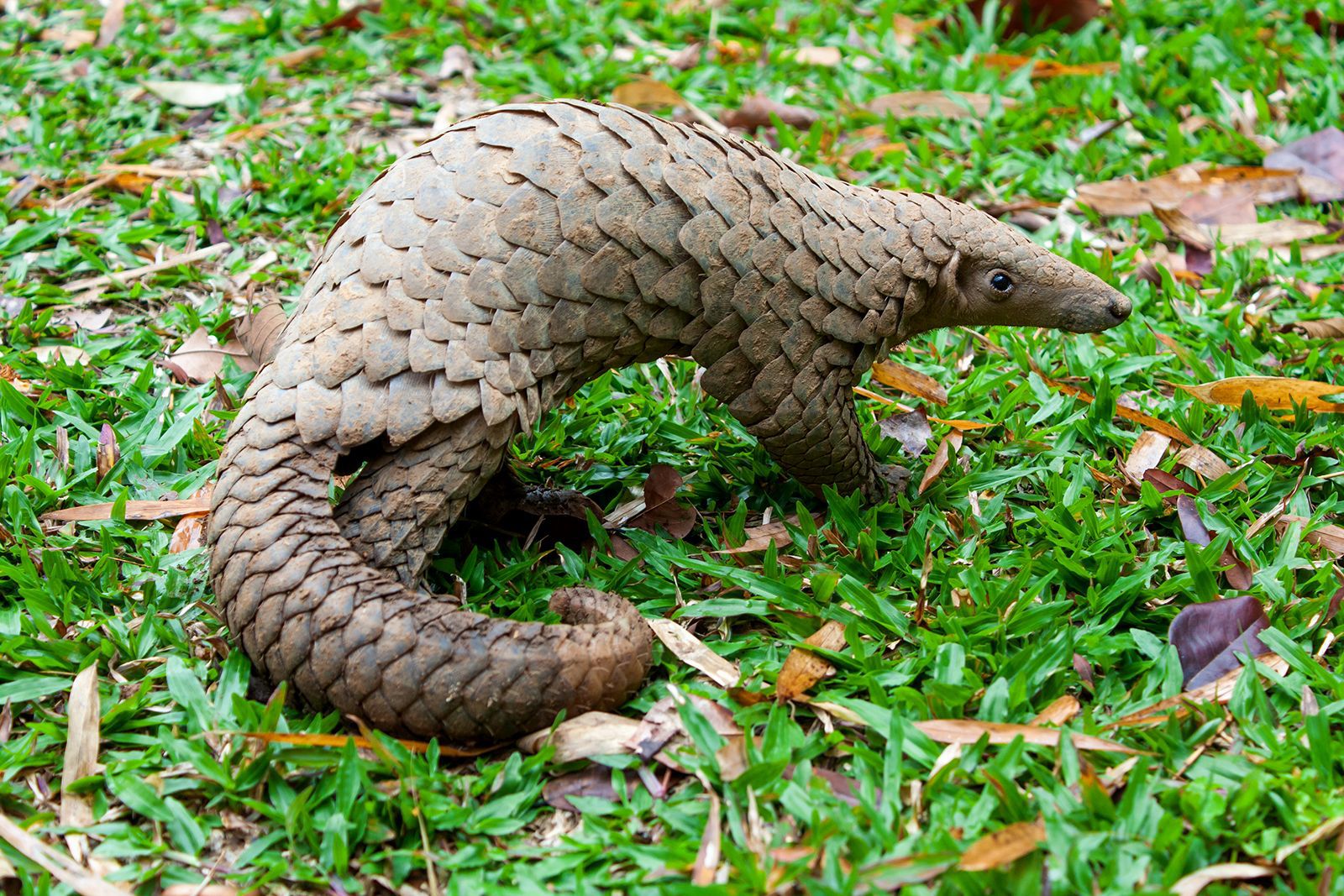

BY: Allan Mphatso Nkopeka
Wildlife embodies the awe-inspiring splendour of nature, drawing tourists from all corners of the globe.
Malawi, rich in diverse wildlife species, is home to breathtaking parks and game reserves such as Nyika National Park, Vwaza Game Reserve, Kasungu National Park, Liwonde National Park, Lengwe Game Reserve, and Majete Wildlife Reserve.
Once considered a transit hub for wildlife trafficking, Malawi’s outdated legislation previously imposed minimal penalties on offenders. However, in 2017, the Lilongwe Wildlife Trust, in partnership with the Department of National Parks and Wildlife, championed a landmark legislative overhaul.
These reforms introduced stronger penalties and reclassified species, imposing much harsher consequences for those who breached the law.
In recent years, Malawi has experienced a significant reduction in wildlife crime across all regions. Over the past five years, incidents have decreased by an impressive 50%, with elephant poaching dropping by 67% and pangolin-related crimes falling by 56%. This encouraging trend highlights the judiciary’s resolve to enforce strict penalties on convicted offenders.
In the past, individuals involved in wildlife crimes rarely sought legal representation, but now nearly every case is contested in court, signalling that the legal ramifications are deterring would-be perpetrators.
The roots of wildlife crime in Malawi stretch back through generations, as local communities historically entered protected areas in search of food. Over time, this necessity evolved into a commercial endeavour, driven by local markets and bolstered by connections with powerful business figures.
Elephants, buffalo, rhinos, and pangolins became lucrative targets, as poachers trafficked raw ivory for profit, travelling from rural villages to urban centres such as Mzuzu, Zomba, Lilongwe, and Blantyre.
The trade eventually spanned international borders, extending into neighbouring nations like Zambia and Mozambique.
The Department of National Parks and Wildlife has made commendable progress through numerous arrests. In 2022, notorious Zambian national, Misheck Botha, was captured in possession of raw ivory and sentenced to eight years of hard labour following a thorough legal process.
Similarly, the arrest of Chinese national Bin Liu, found with raw ivory, further underscored the country’s commitment to curbing wildlife crime, he received a 14-year sentence with hard labour.
The downward trend in wildlife crime in Malawi is a powerful testament to the effectiveness of the revised National Parks and Wildlife Act.
With tougher penalties and a more assertive judicial approach, the nation is forging a promising path in the battle against wildlife crime, offering renewed hope for the protection and preservation of Malawi’s treasured wildlife.





